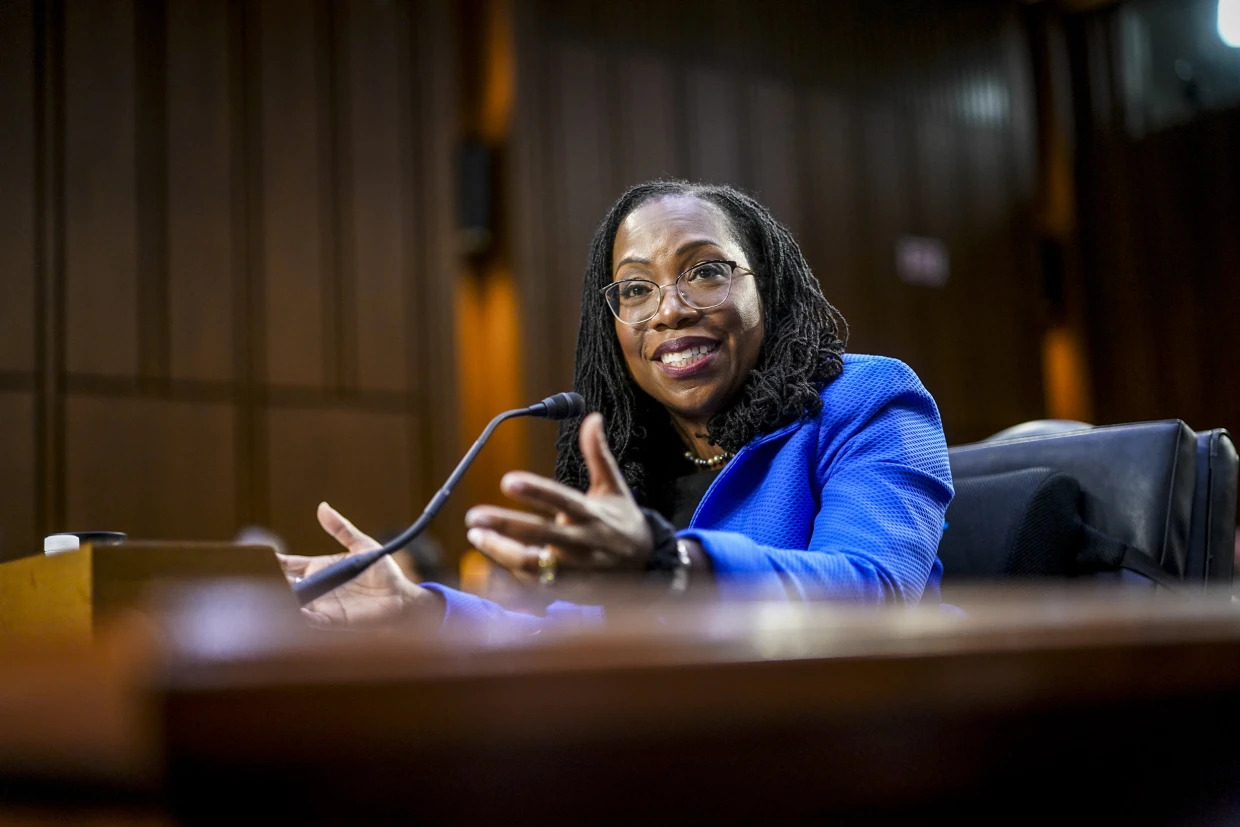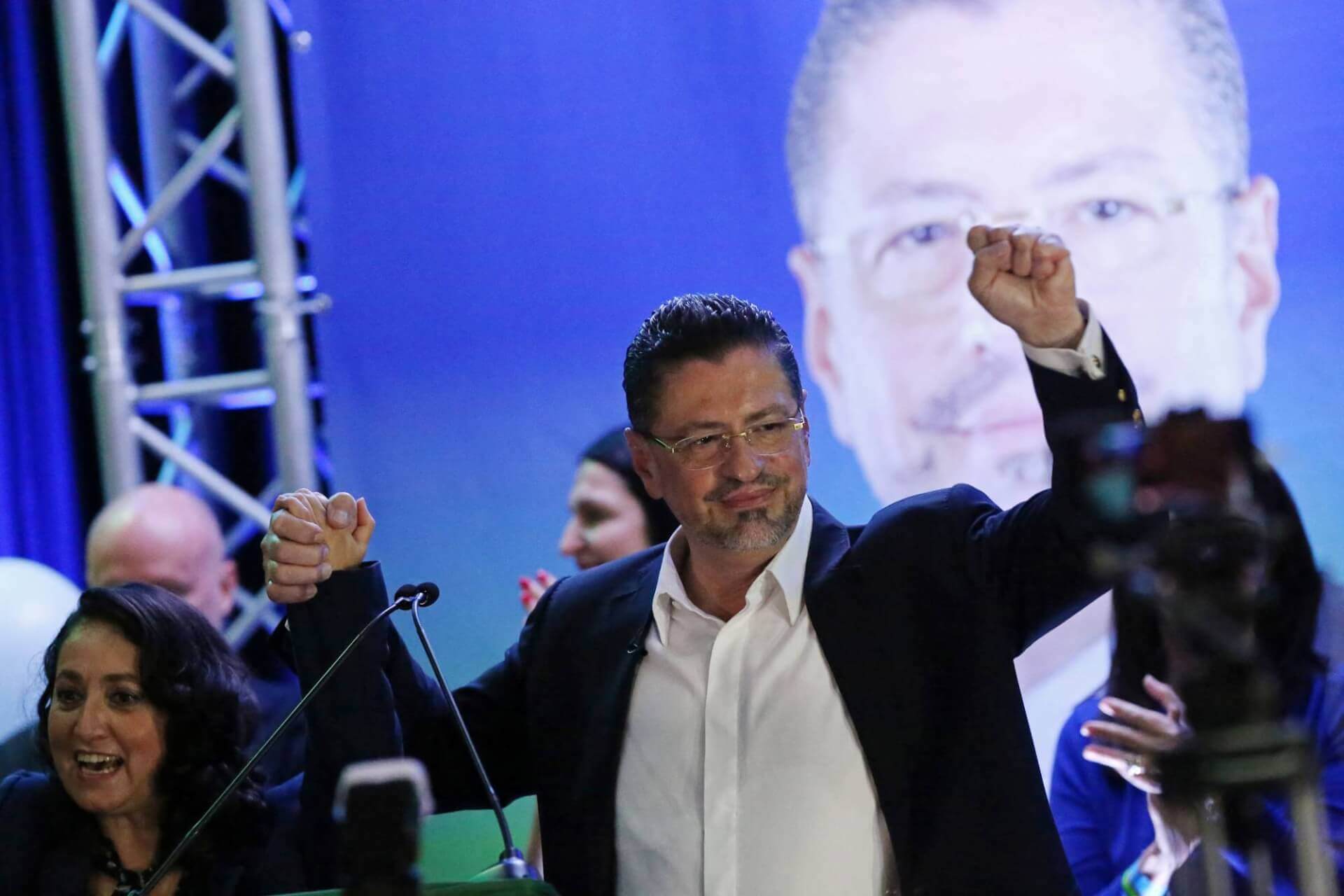South Asia
An explosion in central Kabul killed at least one person and injured 59, hospital officials in the city said. While the Taliban’s Kabul police said that the explosion was a result of a hand grenade, no other information on the perpetrator or his affiliation to any insurgency group has been provided. However, the group claimed that merely 10 individuals were injured in the incident. [India Today]
The Chief Justice of Pakistan, Umran Ata Bandial, said that the national assembly’s speaker could not have rejected the no-confidence motion against Prime Minister Imran Khan, even under Article 5 of the Constitution, which states that loyalty to the country is the “basic duty” of all Pakistani citizens. Further, he urged the representatives of Imran Khan’s government to not “talk about politics” before the court. [Geo TV]
Central Asia and the Caucasus
Kazakh security officials have arrested a man for allegedly plotting to kill President Kassym-Jomart Tokayev. The Kazakh Committee for National Security claimed that the person worked for the intelligence agency of an unspecified country and also planned “to create Russophobic views” and anti-Russia propaganda in the country. [RFE/RL]
Kyrgyzstan and Canadian mining company Centerra Gold ended a months-long dispute over the ownership of the Kumtor gold mine. In an out-of-court settlement, Centerra dropped its claim on Kumtor, allowing Kyrgyzstan to take complete control of the mine. In May, Kyrgyzstan forcibly took full control of the mine after accusing Centerra of causing environmental damage. [Reuters]
East and Southeast Asia
Chinese Foreign Minister Wang Yi spoke with his Ukrainian counterpart Dmytro Kuleba in a phone call on Monday. “Wars end eventually. The key is how to maintain lasting security in Europe and establish a balanced, effective and sustainable European security mechanism,” Wang said. This was the first reported high-level conversation between the two countries since March 1, when the Ukranian FM had called on Beijing to use its influence with Moscow to stop the invasion. [The Straits Times]
Hong Kong’s deputy leader, Chief Secretary John Lee Ka-chiu, is set to resign from his post and join the race in May to become the city’s chief executive and replace the outgoing Carrie Lam, who has confirmed that she will not seek a second term. [South China Morning Post]
Europe
On Monday, European Union foreign policy chief Josep Borrell said members are deliberating on a fifth round of sanctions against Moscow after reports of grave human rights abuses by Russian forces, particularly in the town of Bucha. [Euronews]
Hungary has allotted a preferential seat in its parliament to the National Self-Government of Hungarian Germans (MNOÖ), a political party representing the interests of Hungary’s German minority. The National Election Office (NVI) confirmed that MNOÖ deputy Imre Ritter will take charge of the seat. Ritter is a former member of the ruling party Fidesz and is expected to side with them on all issues. [HUNGARY Today]
British Foreign Secretary Liz Truss said that in light of the “strong evidence of war crimes” committed by Russia in Ukraine, it should be “suspended” from the United Nations Human Rights Council. She specifically highlighted the “mass graves” and “heinous butchery” in Bucha, which she said proved the atrocities committed by Russian forces. [Reuters]
Latin America and the Caribbean
On his inaugural foreign trip as Chilean president, Gabriel Boric met his Argentine counterpart Alberto Fernández in Buenos Aires on Monday and pledged to boost cooperation in economic, energy, and cultural matters. The leaders also discussed the Mapuche indigenous community, who are majorly based in Chile but also reside in Argentina. Furthermore, Boric requested the extradition of former Marxist guerilla leader Galvarino Sergio Apablaza, who was arrested in Buenos Aires back in 2004; he took part in several kidnappings and murders during the Pinochet era. [Reuters]
Costa Rican President-elect Rodrigo Chaves said on Monday that his electoral victory marked a “revolution” by the nation’s marginalized communities against its elites, pointing out how his Social Democratic Party was “the newest party, the party with the fewest resources, the party that never was in government, not even in the Legislative Assembly.” He is set to be sworn in on May 8, but his party will only have 10 out of 57 seats in the parliament. [Associated Press]

Middle East and North Africa (MENA)
South Sudan’s rival political factions, President Salva Kiir’s South Sudan People’s Democratic Forces (SSPDF) and Vice President Riek Machar’s Sudan People’s Liberation Army-In Opposition (SPLA-IO), have recommitted to the 2018 peace deal by agreeing to unify their forces under a single army command. The move ends weeks of escalating conflict that threatened to derail peace talks and push the country towards another civil war. [Africanews]
Indian Prime Minister Narendra Modi held a phone conversation with his Israeli counterpart Naftali Bennett on Monday to discuss security ties. Modi condemned the recent terrorist attacks in Israel that killed five people and led Bennett to postpone his trip to India to mark the 30th anniversary of the establishment of bilateral relations. [PMO India]
North America
On Monday, lawmakers in the United States (US) said they have reached an agreement on a bill to provide $10 billion in COVID-19 relief as well as conduct more research and purchase additional vaccines and test kits. However, Washington politicians decided to leave out $5 billion for the global virus response that was present in an earlier iteration of the bill. [The Hill]
On Monday, Senators Lisa Murkowski (R-AK) and Mitt Romney (R-UT) became the second and third Republican politicians to confirm their support for the United States Supreme Court nominee Judge Ketanji Brown Jackson. Last week, Susan Collins (R-ME), too, affirmed her support. Support from three Republicans and all 50 Senate Democrats is enough to confirm the accession of the first Black woman to the country’s highest court. [NPR]
Oceania
During an event in New Delhi for Australia India Institute, Australia’s High Commissioner to India, Barry O’Farrell, said the Indian government’s refusal to condemn the Russian invasion of Ukraine is not a concern for Australia and expressed an understanding of India’s position on the conflict. O’Farrell also noted India’s history of neutrality and ambivalence, citing the refusal of India’s first Prime Minister, Jawaharlal Nehru, to condemn the USSR’s invasion of Hungary in 1956. [The Age]
On Tuesday, New Zealand’s Defence Minister, Peeni Henare, urged the Cabinet to send lethal weapons, including Javelin anti-tank missiles, to Ukraine amid the Russian invasion. However, the Cabinet refused to weigh in on Henare’s proposal. However, the country did impose more sanctions on Russia after reports of mass murder, abuse, and rape emerged from Ukrainian towns. [NZ Herald]
Sub-Saharan Africa
On Monday, South African President Cyril Ramaphosa ended the country’s state of disaster, which has been in place for over two years in order to curb the spread of COVID-19. He acknowledged that the “pandemic is not over” and that the “virus remains among us” but that the conditions have improved due to rising vaccination rates and a level of herd immunity. Residents will still be required to wear masks indoors. South Africa has recorded over 3.7 million COVID-19 cases and 100,052 deaths from the virus. [Reuters]
Rwandan President Paul Kagame was hosted by his Zambian counterpart Hakainde Hichilema during a two-day visit to the country. The pair signed various agreements on taxation, immigration, health, investment, agriculture, fisheries, and livestock. [The New Times]

